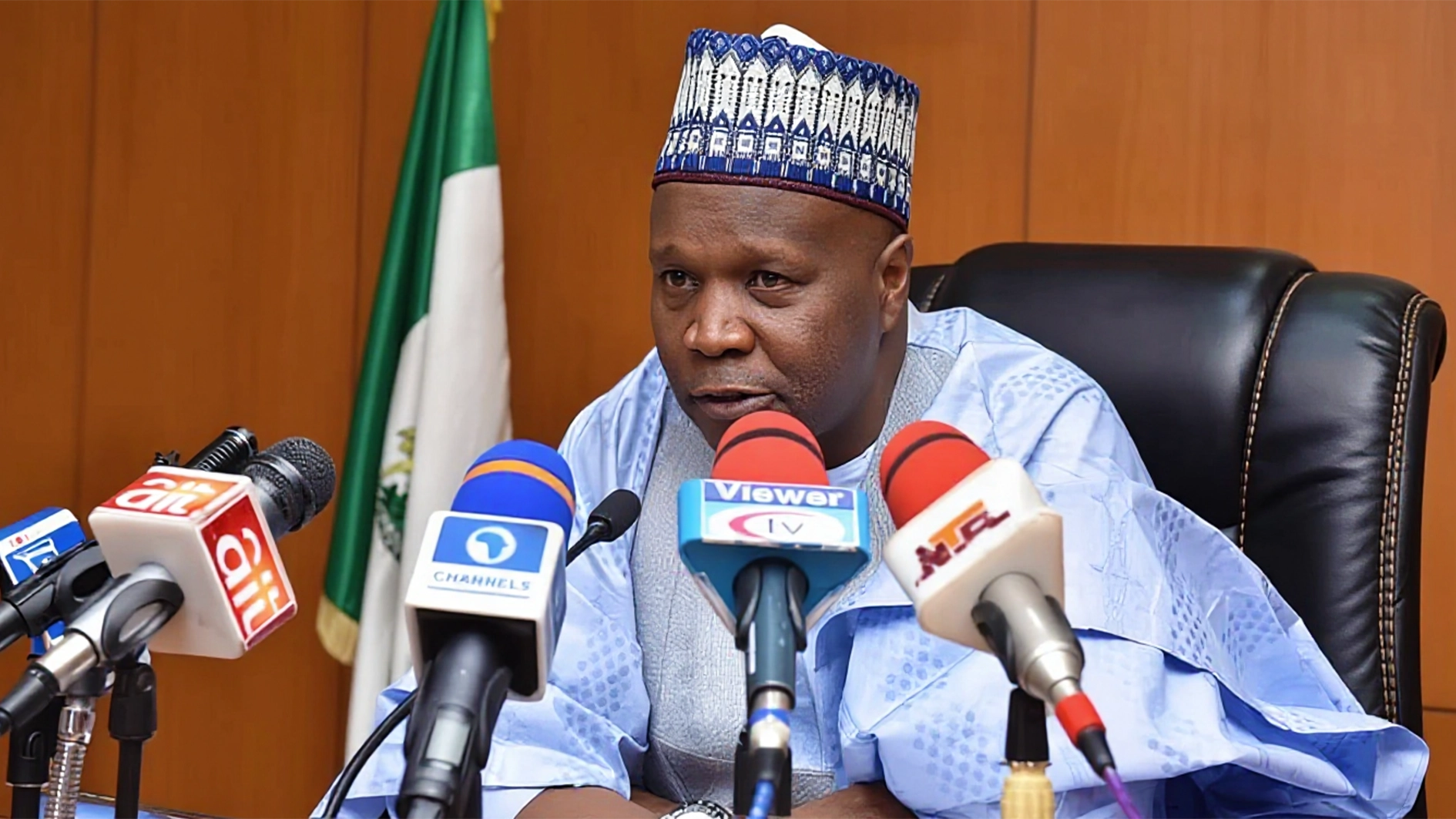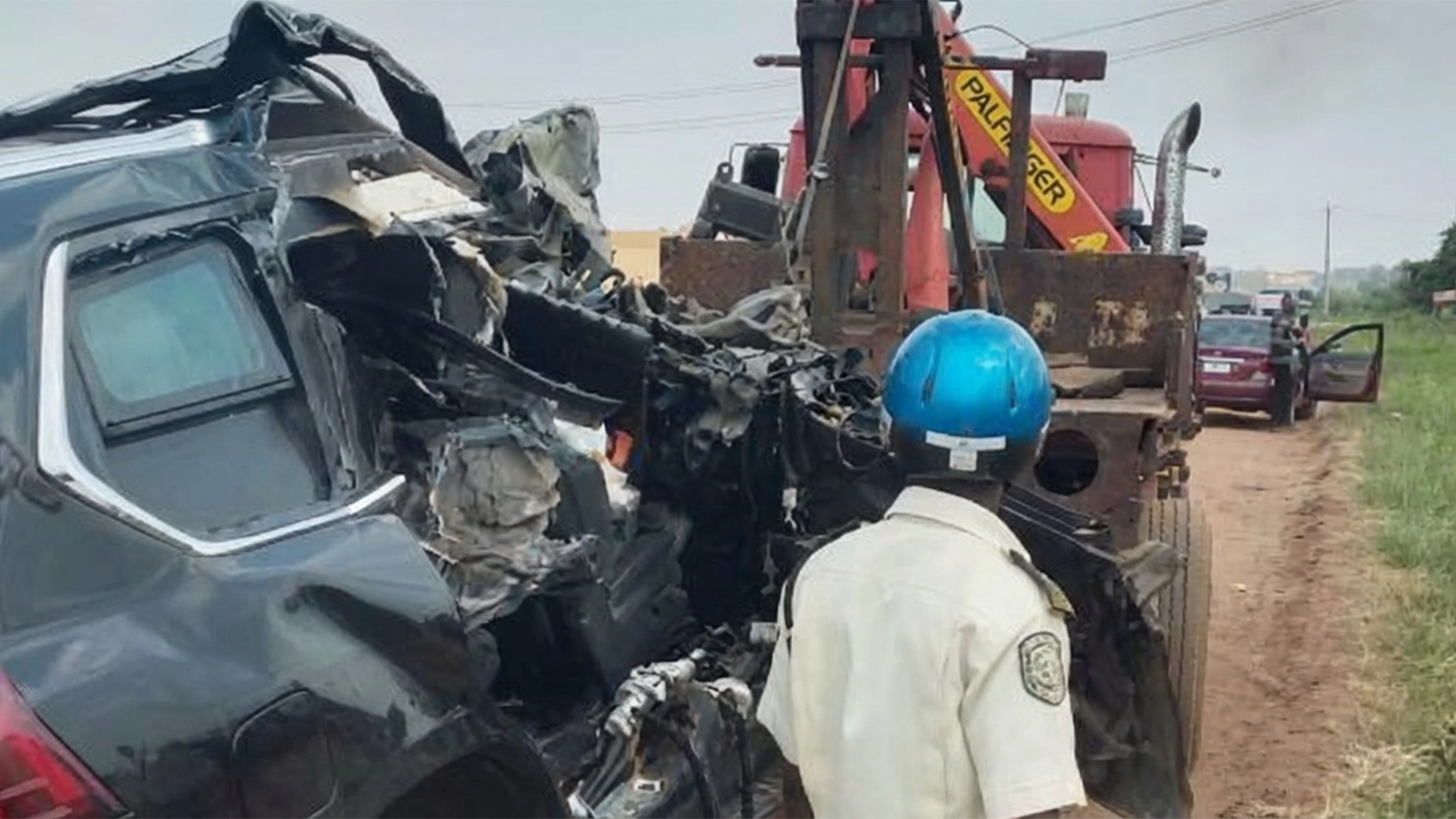The Director-General of the Infrastructure Concession Regulatory Commission (ICRC), Dr Jobson Oseodion Ewalefoh, has said that the country requires about $545 billion to bridge the investment gap in the transportation sector.
The ICRC DG, who disclosed this during a paper presentation at the Second International Railway Conference yesterday, stressed that only the strategic mobilisation of private capital through Public-Private Partnerships (PPPs) can deliver the railway system Nigeria needs for the 21st century.
He said: “Our yearly budgets have consistently fallen short of the $100 billion required to close the infrastructure gap. Without private sector involvement, rail development will remain underfunded and inadequate.”
Ewalefor stressed that railways are critical to reducing logistics costs, unlocking regional trade under the African AfCFTA, and advancing Nigeria’s climate commitments. However, he warned that achieving these outcomes will require bold reforms to railway policy, aligning it with global shifts in urbanisation, climate change, technology, and resilience.
Drawing lessons from India, Hong Kong, Brazil, and Europe, Ewalefoh argued that private-sector-led reforms, supported by clear regulation, have consistently repositioned rail as a competitive and sustainable transport mode.
He referenced Nigeria’s standard-gauge projects (Abuja–Kaduna, Lagos–Ibadan, Warri–Itakpe) and the concessioned e-ticketing system as evidence of PPP success. He, however, noted that challenges persist in financing, freight underutilisation and security, which tend to undermine progress.
To reposition Nigeria’s railways, Ewalefoh outlined a five-pillar policy agenda, which includes legal and institutional reforms that entail the unbundling of the Nigerian Railway Corporation (NRC), financing innovation, such as viability gap funding, infrastructure bonds, and pension fund investments.
Others, according to him, include corridor prioritisation, with focus on Lagos–Kano and Port Harcourt–Maiduguri freight routes, operational efficiency through digital technology and rolling stock leasing and integration with climate goals and urban transit systems.
‘Nigeria needs $575 billion to bridge investment gap in transport sector’

ICRC DG, Dr Jobson Oseodion Ewalefoh
ICRC DG, Dr Jobson Oseodion Ewalefoh





